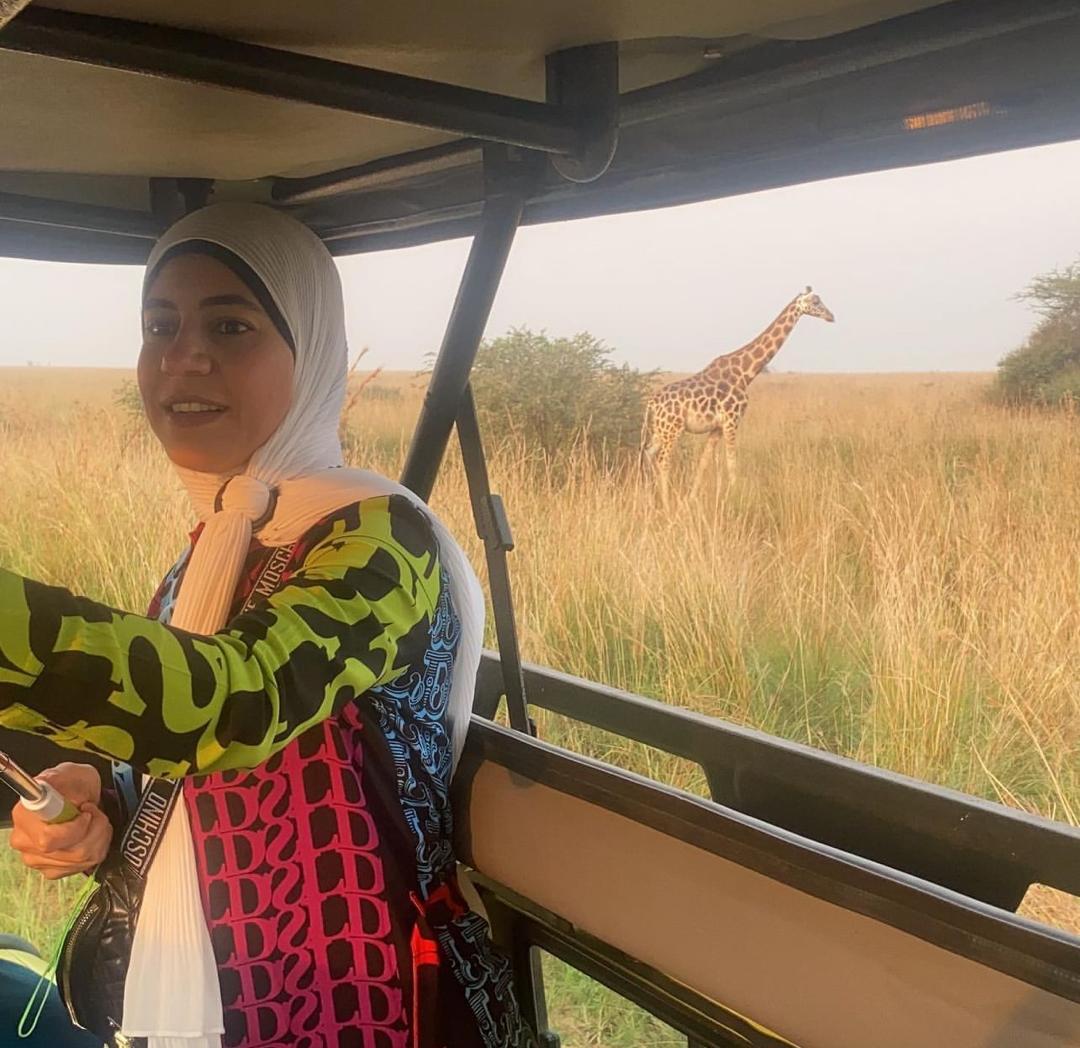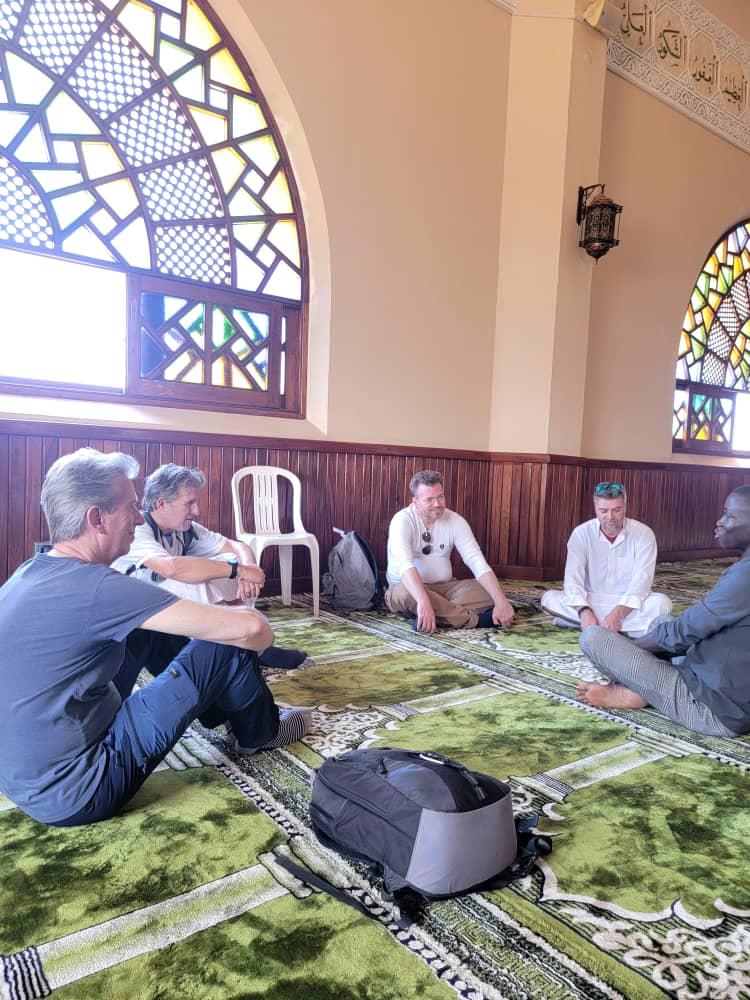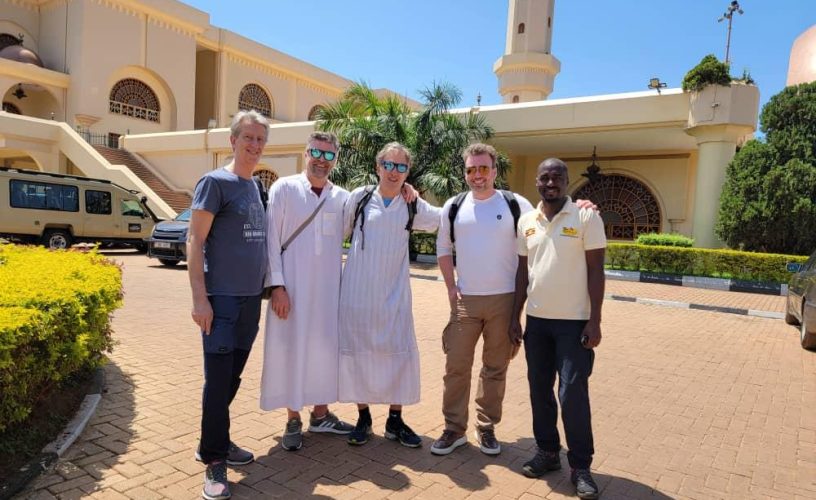Uganda, known for its diverse landscapes, abundant wildlife, and warm hospitality, offers a unique opportunity for Muslim travelers to experience the wonders of East Africa through halal-friendly safaris. In this guide, we will explore the concept of halal safaris in Uganda, highlighting the attractions, accommodations, and cultural experiences that cater to the needs and preferences of Muslim visitors seeking an authentic and enriching travel experience.
Halal-Friendly Accommodations:
When embarking on a safari in Uganda, Muslim travelers can choose from a range of halal-friendly accommodations that adhere to Islamic principles and cater to their dietary requirements. From luxury lodges to eco-friendly campsites, these establishments offer halal-certified meals, prayer facilities, and separate swimming pools for men and women, ensuring a comfortable and culturally sensitive stay in the heart of the wilderness.
Wildlife Encounters:
Uganda is home to an array of national parks and wildlife reserves that provide unparalleled opportunities for wildlife viewing and conservation experiences. Muslim travelers can embark on safaris to iconic destinations such as Queen Elizabeth National Park, Murchison Falls National Park, and Bwindi Impenetrable National Park, where they can encounter diverse wildlife species, including elephants, lions, chimpanzees, and the endangered mountain gorillas.

Cultural Immersion:
In addition to its natural attractions, Uganda boasts a rich cultural heritage and diverse ethnic communities that offer unique insights into the country’s history, traditions, and way of life. Muslim travelers can engage in cultural experiences such as visiting local markets, participating in traditional ceremonies, and interacting with community members, gaining a deeper appreciation for Uganda’s cultural diversity and interfaith harmony.
Halal Dining and Shopping:
While exploring Uganda’s vibrant cities and rural landscapes, Muslim travelers can savor delicious halal cuisine at local restaurants and street food stalls, sampling traditional dishes such as chapati, samosas, and grilled meats. They can also shop for souvenirs and handicrafts at bustling markets and artisan workshops, where they can find authentic products that reflect Uganda’s artistic heritage and craftsmanship.
Community-Based Tourism:
Uganda’s commitment to sustainable tourism and community empowerment provides opportunities for Muslim travelers to engage in community-based tourism initiatives that support local livelihoods and conservation efforts. By participating in homestays, cultural exchanges, and eco-friendly activities, visitors can contribute to the well-being of host communities and the preservation of Uganda’s natural and cultural heritage.

Conclusion:
Halal safaris in Uganda offer a harmonious blend of wildlife adventures, cultural discoveries, and spiritual experiences that cater to the needs and values of Muslim travelers seeking authentic and inclusive travel experiences. By embracing the concept of halal-friendly tourism, visitors can immerse themselves in Uganda’s natural beauty, cultural richness, and warm hospitality, creating lasting memories and meaningful connections with the people and places they encounter along their journey. Plan your halal safari in Uganda and embark on a transformative exploration of East Africa’s hidden gems and untold stories.
BOOK YOUR NEXT SAFARI WITH US





